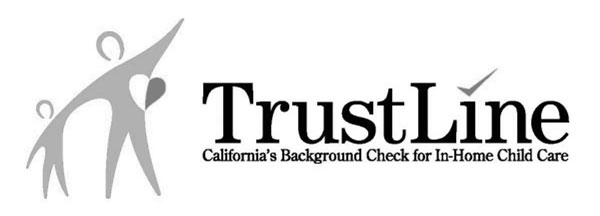There’s no doubt about it: talking about money with a prospective employer can feel nerve-wracking and awkward. Negotiating a higher salary might make you feel like you’re asking for too much. Yet, it’s important to ask for what you need and what’s fair, and it’s perfectly acceptable to stand up for what your experience is worth. Here are some tips on how to negotiate pay and benefits with success.
Talk about it when you get the offer
When the potential employer offers you the job, it’s time to discuss the details of the role. That will include job duties, the schedule, wages, and benefits. When you have received the offer and you know the employer has chosen you above all candidates, you have the power to ask for what you deserve. If you’re not happy with what’s being offered, ask for more. If they are unwilling to budge, you can choose to decline the offer or meet them in the middle. But whatever you do, don’t accept something that you think is unfair and don’t agree to being paid ‘under the table’. This is not only illegal, but it could also cause major problems for you later including tax problems, fines, or even discrepancies in unemployment or social security funds.
Know your value
It can be tempting to settle for less, especially if you are really in need of a job. Don’t fall into that trap. You are a unique individual with something special to bring to the position you’re interviewing for. Highlight your skills, training, certifications, or other details that make you stand out as a valuable candidate. Don’t be afraid to talk about those in detail during the interview so you showcase your knowledge and expertise. In addition, do some research about similar roles in the area to ensure the wages and benefits are in line with what is average. This will help you know your market value and negotiate for a higher wage if need be.
Keep benefits in mind
While your wages are very important, it’s important to remember other ‘nonsalary’ forms of benefits that will add value to your position. For example, look at professional development: will your new employer help provide reimbursement for courses, training, or certifications that will help you hone your domestic staffing skills? Will the employer provide reimbursement for transportation costs or gas? Is vacation time offered and if so, is it enough?
Many prospective employees tend to avoid negotiating their compensation or benefits for fear of upsetting the employer or because it is simply awkward to talk about. However, keep in mind that you can’t get what you want if you don’t ask for it. Be confident and tactful, but not arrogant, pushy, or entitled. Approach the conversation with an open mind and a humble heart, knowing that you have something wonderful to bring to a domestic staffing position.
Ready to find your dream job? Our team at Household Staffing has helped place thousands of qualified candidates in jobs that they love over the last two decades. Call us today to get listed in our candidate database so you can start interviewing for roles. We look forward to working with you!







